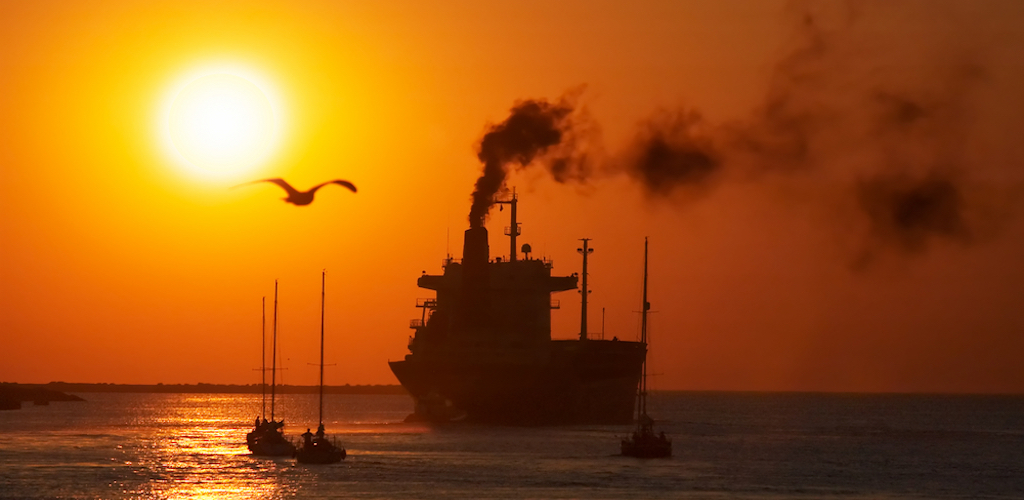Mar 04 | 2021
(Global) Further Fuel Efficiency Measures Needed

Breakbulk vessel operators can achieve International Maritime Organization carbon intensity targets through the adoption of new design index amendemnts for existing ships, according to consultancy Wood Mackenzie.
The rollout of tougher emissions legislation over the next decade poses a number of challenges for vessel operators, but the latest research from Wood Mackenzie suggests that adoption of amendments to Energy Efficiency Design Index, or EEDI, and Energy Efficiency Design Index, or EEXI, will help many firms hit targets.
“Adoption of the EEDI and EEXI amendments would result in IMO achieving its target of reducing carbon intensity by at least 40 percent by 2030. This would cause a further decline in international marine bunker oil demand of around 370,000 barrels per day (b/d) by 2030 compared to our current outlook,” said Iain Mowat, principal analyst at Wood Mackenzie.
Major Shift Required
The firm sees a significant change to low emission fuels by vessel operators over the next 10 years helping to support decarbonization, in combination with a reduction in fuel consumption and refinement of existing vessel design.
“A major shift towards low- and zero-carbon fuels by 2050 is absolutely required to reach IMO’s target to halve overall greenhouse gas emissions from international shipping by 2050, and to meet the 2050 carbon intensity target, IMO needs to extend the EEDI regulations beyond phase three with ambitious new targets. Achieving this 2050 target though would result in a further decline in international marine bunker oil demand of around 0.9 million b/d by 2050 compared to our current outlook,” Mowat added.
Wood Mackenzie outlines a base case whereby improvements in fuel efficiency continue at an annualized rate of around 2.8 percent between 2030 and 2050 for new-build vessels, so that the EEDI index falls from 0.7 in phase three to 0.4 by 2050.
Headquartered in Edinburgh, Scotland, Wood Mackenzie is a subsidiary of Verisk Analytics, a global data analytics and risk assessment group.
LNG Growth
The use of liquefied natural gas as a fuel of choice for larger vessels is also expected to increase in the near term, with marine LNG expected to grow steadily through this decade, displacing nearly 0.7 million b/d of oil bunkers by 2030 but slowing post 2040 as zero-carbon fuels become more prevalent
“The use of marine LNG could ease growth in shipping carbon emissions, but LNG carbon content is still high relative to low-carbon alternatives,” Mowat noted.
Subscribe to BreakbulkONE and receive more industry stories and updates around impact of COVID-19.


